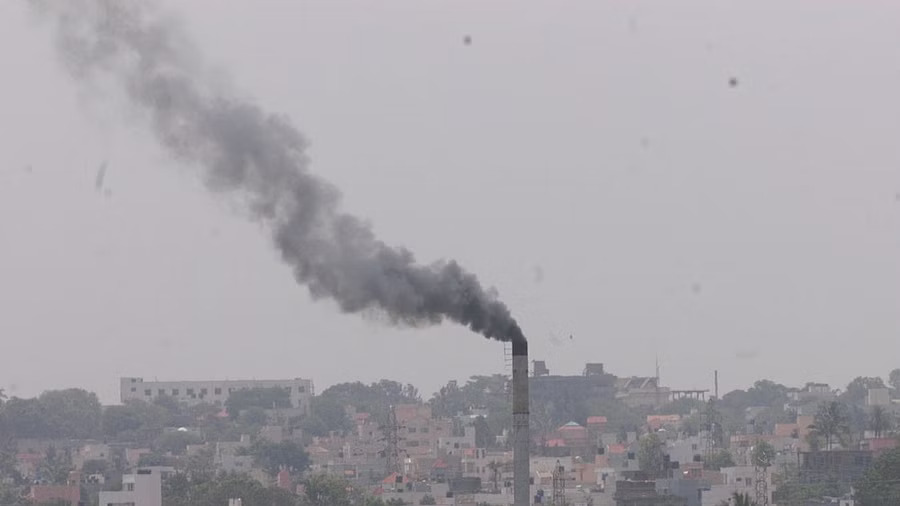A concerning scenario is unfolding in Karnataka’s tier-2 cities as experts warn of an impending 40% surge in pollution levels. The grim forecast comes as a wake-up call for authorities, environmentalists, and residents to take urgent action to curb pollution and preserve the air quality in these urban centers.
According to data analysis and projections, several of Karnataka’s tier-2 cities are at risk of experiencing a substantial increase in pollution levels. The surge is attributed to various factors, including rapid urbanization, increased vehicular traffic, industrial growth, and inadequate waste management practices.
The anticipated spike in pollution levels raises red flags not only for the well-being of residents but also for the overall environmental health of these cities. Poor air quality has significant implications for public health, contributing to respiratory diseases, cardiovascular issues, and a range of other health concerns.
Environmentalists and concerned citizens are calling for immediate measures to address the sources of pollution, promote sustainable transportation options, and enforce stringent regulations on industries contributing to air pollution. The state’s commitment to adopting cleaner energy sources and implementing waste management solutions is crucial to mitigating the impending crisis.
Government agencies, civic bodies, and local communities are urged to collaborate in a concerted effort to combat pollution and improve air quality. The situation serves as a reminder that pollution is a shared responsibility that requires the active participation of every segment of society.
The predicted surge in pollution levels underscores the need for long-term policies that prioritize environmental sustainability and the well-being of citizens. Karnataka’s tier-2 cities must harness the lessons learned from larger urban centers and implement effective strategies to prevent a further deterioration of air quality.
As the state confronts the challenges posed by pollution, the focus remains on raising awareness, adopting green practices, and holding industries accountable for their environmental impact. A collective commitment to preserving the air quality of tier-2 cities is essential to ensuring a healthier, cleaner, and more sustainable future.










